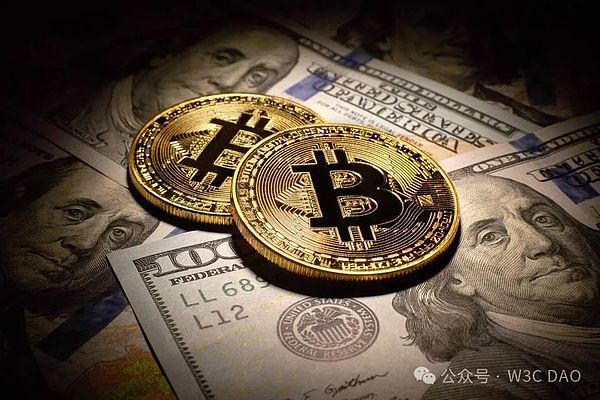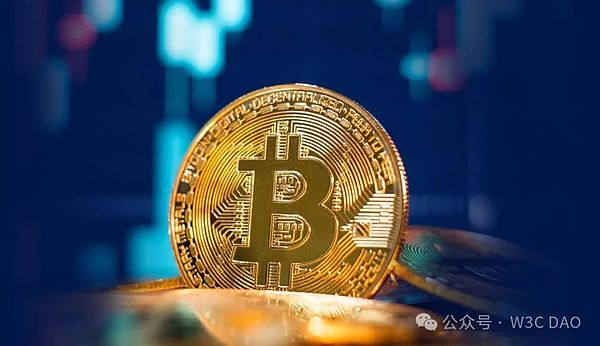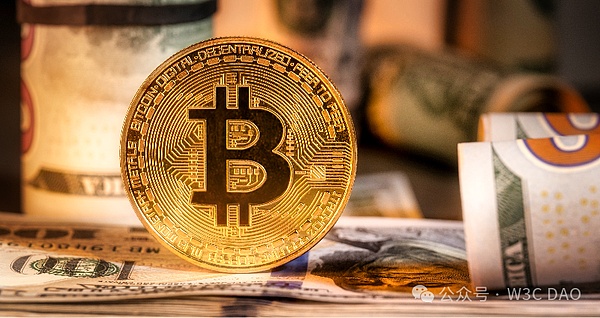Author: Gao Mingcun, Ji Meng; Source: W3C DAO
Recently, the People's Court Daily published an article entitled "Criminal Characterization of Illegal Theft of Virtual Currency", pointing out that stealing virtual currency constitutes theft.
The article mentioned that as economic property, it must have value, including utility, scarcity and disposability.

Scarcity is reflected in the fact that the total amount of virtual currency is constant and not infinitely supplied. Disposability is reflected in the fact that virtual currency uses asymmetric encryption technology and exists in a "wallet" (i.e., address). After obtaining the address and private key, the virtual currency can be controlled.
The utility is reflected in the fact that virtual currency, as a specific data code, must be generated through "mining", and "mining" condenses social abstract labor.
In real life, virtual currency can be transferred and traded to obtain calculable economic benefits, and has use value and exchange value. Therefore, virtual currency has property attributes.
The act of stealing virtual currency constitutes the crime of illegally obtaining computer system data. "Data" refers to the definition of "any record of information in electronic or other ways".
Virtual currency is generated and exists in computer networks. In terms of technical attributes, it is a string of digital combinations in electronic form and has the criminal law attributes of computer information system data. Virtual currency has data attributes, and the act of illegally stealing virtual currency constitutes the crime of illegally obtaining computer system data.

After determining that the theft of virtual currency is an imaginary competition of the crime of illegally obtaining computer system data and the crime of theft, the question of how to calculate the value of the virtual currency involved is faced.
Since the price of virtual currency changes at any time, in practice, it should be objectively determined based on the principles of fairness, rationality and convenience. Since virtual currency is property, the illegal possession of other people's virtual currency constitutes a property crime, and the amount of loss of the victim is used as the amount involved in the case, which is in line with the basic principle of calculating the amount of property crime.
However, based on the supply and demand relationship and artificial speculation of virtual currency, its price will show a large increase or decrease in value. Therefore, it is more reasonable to calculate the amount of virtual currency involved as the time when the defendant committed the crime rather than when the victim purchased the virtual currency.
But at the same time, the article also mentioned that the "Notice on Further Preventing and Dealing with the Risks of Virtual Currency Trading Speculation" issued on September 15, 2021 clearly stipulates that virtual currency does not have the same legal status as legal currency, and virtual currency-related business activities are illegal financial activities, and the losses caused by them shall be borne by themselves.

However, the author believes that whether it is protected by law is not necessarily related to whether it has property attributes. The relevant regulations only deny its legal currency status, but do not deny the property attributes of virtual currency.
Previously, the China People's Court Daily published an article entitled "Identification of the Property Attributes of Virtual Currency and the Disposal of the Property Involved in the Case".
The article also analyzes the criminal law attributes of virtual currency, saying that virtual currency has economic attributes and can be classified as property, and current laws and policies do not define virtual currency as illegal items. Therefore, under the current legal and policy framework, virtual currency held by relevant entities in my country is still legal property and is protected by law.
The article suggests handling the money and property involved in the case from the basic standpoint of legality. The author believes that for crimes involving virtual currency, the money and property involved cannot be confiscated or returned in general. They should be treated separately on the basis of the unified criminal and civil law order to achieve a balanced protection of personal property rights and social public interests.
In practice, there are several opinions on the criminal law attributes of virtual currency:
The first opinion is that virtual currency is only electronic data stored in a computer system, and is now circulated in my country's "black market" as illegal currency. Most of them serve as a means of payment for illegal crimes and a medium for illegal entry of foreign funds. In the absence of explicit provisions in the law, it should not be identified as property in the sense of criminal law.

The second opinion is that virtual currency is a virtual commodity with property value, and from the provisions of the judicial interpretation on the theft and robbery of contraband such as drugs, virtual currency should also be identified as property in the sense of criminal law. However, given that my country's current policy prohibits the circulation of virtual currency, it is not appropriate to identify it as legal property for protection.
The third opinion holds that virtual currency is property in the sense of criminal law and is legal property. Unless it is used by the holder to commit a crime or is directly derived from the holder's crime, the property rights and interests of the virtual currency holder should be protected.
 Joy
Joy







